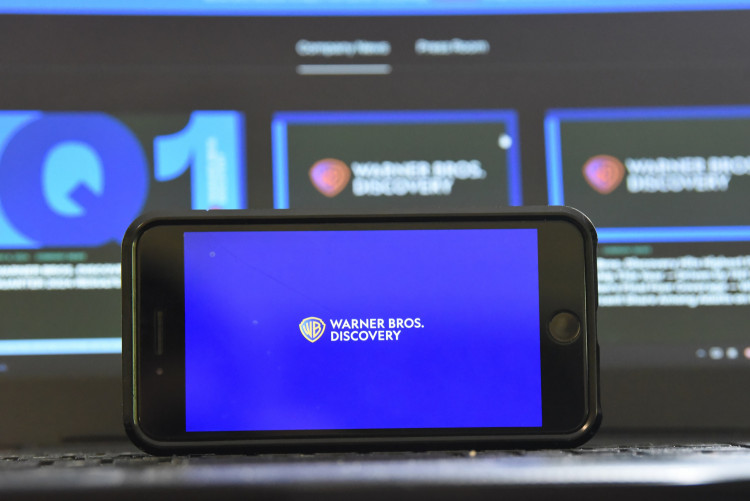Warner Bros. Discovery (WBD) reported mixed first-quarter results on Thursday, with its streaming unit showing growth and profitability while its studios and networks segments faced challenges. The company's total revenue fell 7% year-over-year to $9.96 billion, missing analyst expectations of $10.231 billion. However, WBD's net loss attributable to the company improved to $966 million, or 40 cents per share, compared to a loss of $1.07 billion, or 44 cents per share, in the year-ago quarter.
The company's Direct-to-Consumer (DTC) unit, which includes its streaming and premium pay-TV services, posted a profit of $86 million, up from $50 million in the prior-year quarter. WBD ended March with 99.6 million global streaming subscribers, an increase from 97.7 million at the end of 2023 and ahead of Wall Street expectations. The DTC segment's revenue remained nearly unchanged at $2.46 billion, supported by subscriber price increases and higher advertising revenue driven by Max U.S. ad-lite subscriber gains.
On a morning analyst call, CEO David Zaslav discussed proposed streaming bundle partnerships with rival studios, including a sports streaming pact with Disney and Fox. Regarding a proposed triple-play bundle of Disney+, Hulu, and Max, Zaslav stated, "It will be priced well, and it will be both ad light and on ad free and for consumers in the U.S. it will be a really positive consumer experience and gives us a real advantage and opportunity when you look at the marketplace."
JB Perrette, CEO and president of global streaming and games for WBD, added that rebundling streaming services made both financial and creative sense, arguing that major studios and streamers should focus on their strengths and stay in their lanes for competitive advantage.
Despite the growth in streaming, WBD's studios and networks segments faced headwinds. The studios unit saw a 13% decline in revenue to $2.82 billion, with EBITDA dropping 70% to $184 million, due to fewer TV shows delivered as a result of the Hollywood strikes' fallout and a weaker performance in video gaming. The networks unit was hit by continued weakness in the linear business and an advertising revenue miss, with revenue and EBITDA both decreasing by 8% to $5.13 billion and $2.12 billion, respectively.
Zaslav focused on operational successes in the earnings report, highlighting the strong results in key performance indicators, meaningful growth in the streaming business, and the upcoming rollout of Max to 29 countries across Europe. He also touted the company's strong free cash flow (FCF), which posted a $1.3 billion swing from a year-ago loss to $390 million in the first quarter, even in WBD's seasonally weakest FCF quarter.
Looking ahead, Zaslav addressed the company's ongoing negotiations with the NBA for media rights renewal, stating, "We're in continuing conversations with them (NBA) now. And we're hopeful that we'll be able to reach an agreement that makes sense for both sides." He also noted that WBD has matching rights to answer third-party offers as the NBA holds media rights negotiations with other players.






